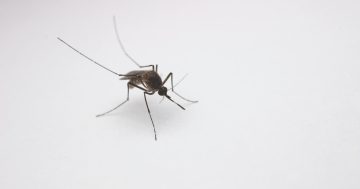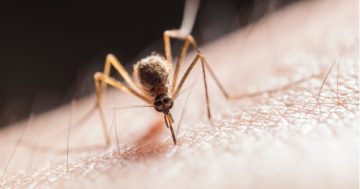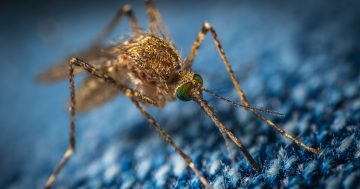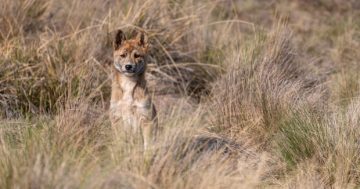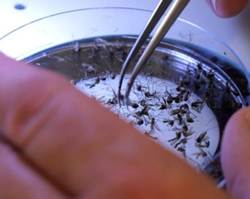 The Department of Health is sending a mosquito surveillance team to the Pilbara after the Japanese encephalitis virus (JEV) has been detected in the region.
The Department of Health is sending a mosquito surveillance team to the Pilbara after the Japanese encephalitis virus (JEV) has been detected in the region.
It has urged residents and travellers in the north of Western Australia to avoid being outside at peak times of mosquito activity. They should apply an effective mosquito repellent and wear long, loose-fitting clothing to avoid being bitten.
Senior Medical Advisor, Communicable Disease Control at the Department, Jelena Maticevic said JEV activity in the Pilbara was new and represented a significant risk to human health.
“This is the first time evidence of JEV has been found in the Pilbara, but it follows on from recent evidence of JEV in the Kimberley. Combined, these results indicate an ongoing risk of JEV infection in the northern part of the State,” Dr Maticevic said.
“Most people infected will have no or very mild symptoms and will fully recover. However, a small percentage will develop severe illness including an encephalitis (brain inflammation), which can lead to serious complications and death.”
She said anyone who developed a sudden onset of fever, headache, vomiting, seizures or disorientation should seek urgent medical attention.
There have been 45 human cases of the mosquito-borne disease JEV reported in Australia since January 2021, from NSW, Queensland, South Australia, Victoria and the Northern Territory. Seven people have died.
There have been no cases of JEV reported in people in WA to date.
Children under five and older people who are infected with JEV are at a higher risk of developing more severe illness.
“JEV is a vaccine-preventable disease in people, and the Department of Health is currently working to expand eligibility of the vaccination program to residents of the highest risk areas,” Dr Maticevic said.


